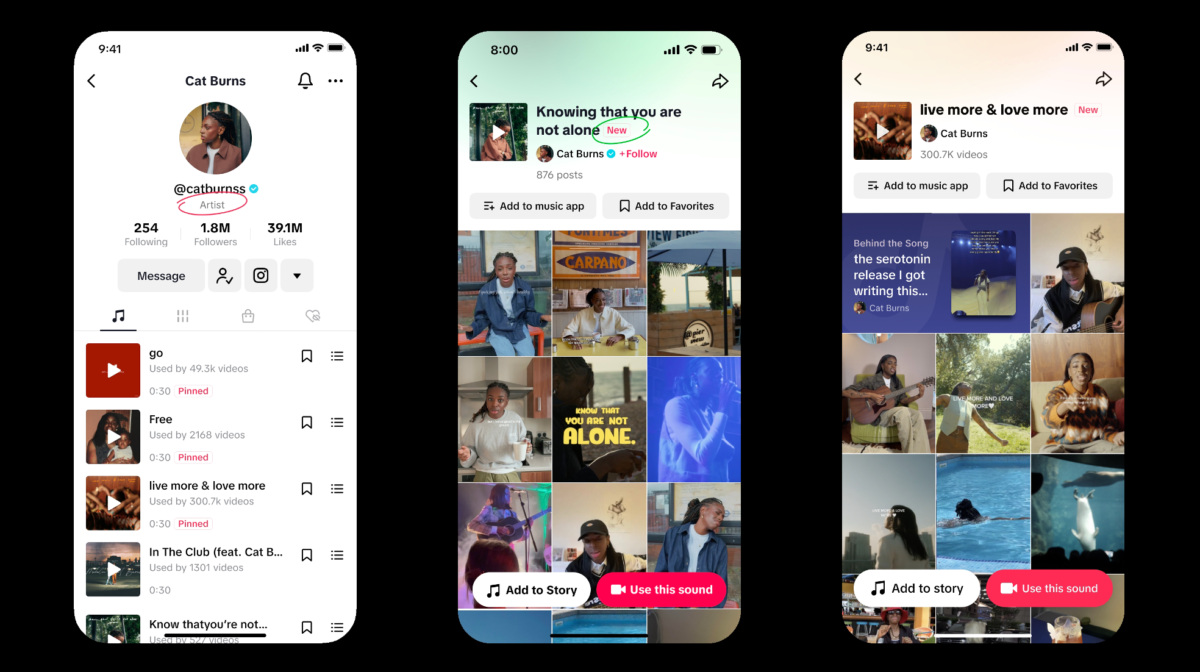Making music for commercials follows a similar process to making music for the film. Submitting music to be used in a commercial is a busy cutthroat world as the rewards are more lucrative than in the creative film industry. It is important to remember a lot of feature film directors are coming from a place of artistic merit and are on the same page with the musicians in terms of adding beautiful sounds to their art.

A lot of times, if one is commissioned to compose music for commercials/adverts you will be dealing with a corporate environment, businessmen, and women who may not have any musical background or knowledge. So, it is important you speak to them in a language they understand. It is no good saying to a company director of a clothing company that you think moving from an F Major to a Minor would be good. They need to be shown examples if you are creating music for commercials.
There are many more things you need to be aware of when writing music for commercials. This is why we have dedicated this article to everything you need to know about the process. Keep reading to find out more!
Getting Started
The first step is to obviously have some kind of library at your disposal. You should be recording as much as possible.
A top tip for starting out would be to make music for student films free of charge. Then, you can build a portfolio of various different styles.
You will then begin to build long-term relationships and you may have written a song for the next big director.
Network, Network, Network!
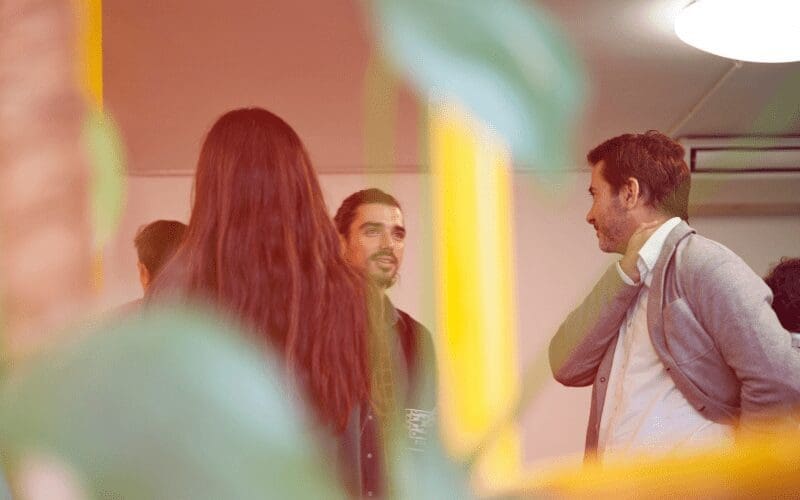
Make sure to speak to everyone in the movie production company you are working with.
If you are on set, you want to leave an impression with the director, camera controller, sound engineer, makeup artist, and even cleaners. You never know their aspirations. They might be famous movie producers ten years down the line and will remember you.
If you are naturally introverted then studying Dale Carnegie’s book ‘How to Win Friends and Influence People’ will go a long way.
Building Your Library
Identify what you are good at. If you are a folk musician then try not to branch out too far into drum and bass.
A lot of producers spread themselves too thin. Remember, you are not making an album here. Try and get your head out of that mindset, you could potentially have one song with multi-layers that would be perfect.
A lot of film scores and music in commercials use the same song but are stripped back. It then crescendos at the end with a string version of the hook.
Music For Commercials – Hook & Climax
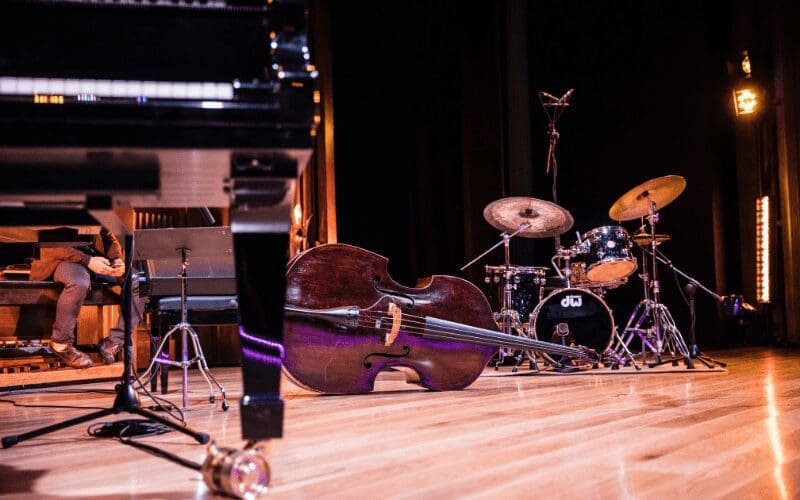
Music in commercials needs a hook and a climax in a really short space. This is counterintuitive as an artist because you would normally have as much room as you needed to create rises and falls. So, when you are composing a library, remember your target is usually short and sweet. It should have a hook straight away followed by impact.
So, for instance, you could be in the key of G – going G -> Cm repeating 3 times and then bam – D major Cm G. The D major being a disruptor used in the correct space will bring the audience’s attention back to the commercial.
Time signatures are often different in commercials. For instance, you might be playing at 60bpm for 10 seconds then hopping up to 100bpm and back down to 40 with the instruments stripped back. So be prepared to map out different metronomic patterns or freestyle the beat.
Make A Scratch Track

Making a rough edit track is key. Have you got other live musicians or are you doing it all yourself? If you have a band of other session musicians, make the scratch track and send it to them and bounce ideas back and forth.
You can then make a skeleton of the final song and ask the commissioners what they think. If they like it, then re-record it. When you are mixing, keep the tracks very separate. You can then cut the music up to add to your library. So your one song can become three in the future.
If you had a mix with guitar, piano, strings, drums, and horns – take everything out except the piano and strings. You will find they are a beautiful song on their own that could be used in the future.
Music For Commercials – Be Creative

Be creative, get the commercial, and play it over and over again with no sound, take your instrument of choice, and just strum chords through a simple sequence. Is it a happy advert? G C D – Majors, is it invoking feelings of sadness? – G – Em Am or F to CM. This is the backbone of what you are creating. All the other instruments will play on top of this to your original rhythm.
Once you have your chord progressions worked out, record them, work out a hook, and mix it centered. The hook should be played with multiple instruments. So, if there is a narration in the commercial, the hook could be a quiet piano. Then when the narration stops, percussion and strings can come back in.
Experiment with everything you have at your fingertips, you may even come up (more often than not) with a beautiful accident. Leading to a new song that can be used in the future or something the commissioners had not thought of.
Don’t Rush
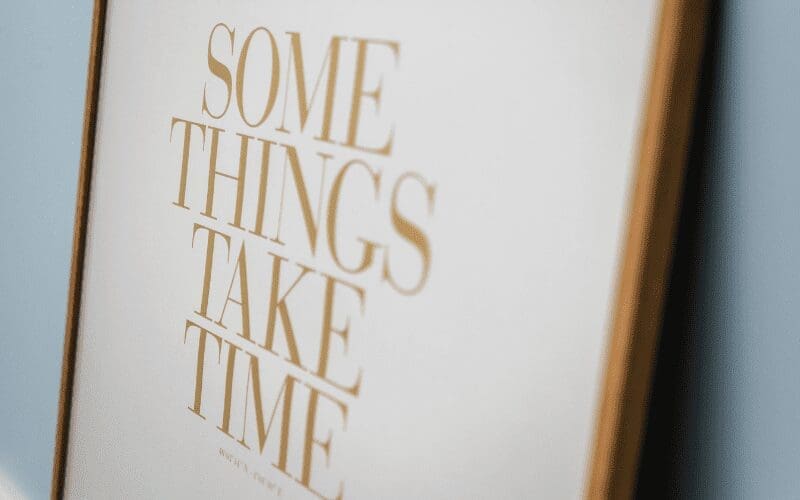
Really take time to think about the notes you are choosing. One note can be loud or quiet, long or short, soft or hard – why are you playing the way you are? You are creating a story for the commercial. The notes of your song should dance through the music.
When watching the commercial in silence, visualize the notes/chords you are going to work with. You might see an A minor – it is soft and middle range, followed by a more aggressive F Major. Which is being jabbed with a hard stick short and sharp.
Map all these out onto a vision board but obviously, work with notes that compliment chord progressions, unless you are purposely trying to be dissonant. The Romanesca is often used as a common chord progression you can build off. Study harmony as a key element in your compositions then you can explain to other musicians how exactly you want things played with what harmonizes your melody.
How To Submit Music For Commercials
General libraries are a double-edged sword. They act as a good way to have a home for your music, but often it is a crowded place to be.
There is huge competition there. Quite often, you can compose something stunningly beautiful and it is missed among a sea of mediocrity. Composing directly with the producers is the dream scenario.
As part of your networking, you should never burn bridges. Sometimes your songs just do not fit the bill. It could be the pitchers do not think it will fit, the producers could reject it or the commissioners of the commercials are rejecting songs.
It serves no purpose to the future of your career to get emotional if you get rejections because trust me – you will get a huge failure rate compared to your successes.
Speaking of successes, we want to help your music career thrive! If you’re a composer or songwriter, our sync licensing service can help get your music into commercials. By submitting your tracks, you allow us to provide options for almost any brief and give us the pleasure of licensing your music to some of the most exciting productions across TV and Film. Additionally, if we think that you have what it takes, we may scout you for our composer agency to work with you more closely! Check out our sync licensing service today.
Money, Money, Money

Are you writing a bespoke song for a commercial? Or are you writing music that you are hoping to have used in a commercial?
With a bespoke song for a commercial, you will usually be an experienced writer. For instance, if brands approach me then my thought process is the following:
Who is the brand?
Who have I written for in the past?
What was the budget and payment structure for previous projects?
Have you got an example of a similar sound or feeling you are looking for?
When you get a good level of respect, you tell the commissioners how much you charge for certain types of songs. For instance, it might be you write a bespoke guitar piece with a violin, and basic vocals, one minute long and it costs £1000.
Once you have agreed on a style of song and budget, you will invoice for a deposit which will get the first draft over to them, they will inevitably change a few things.
Listen to what they say. Do not ever forget they are your customer and they are paying you to make them a bespoke song. The same way as people pay a joiner to make bespoke furniture. So, offer suggestions politely without insulting their taste or vision.
Composition
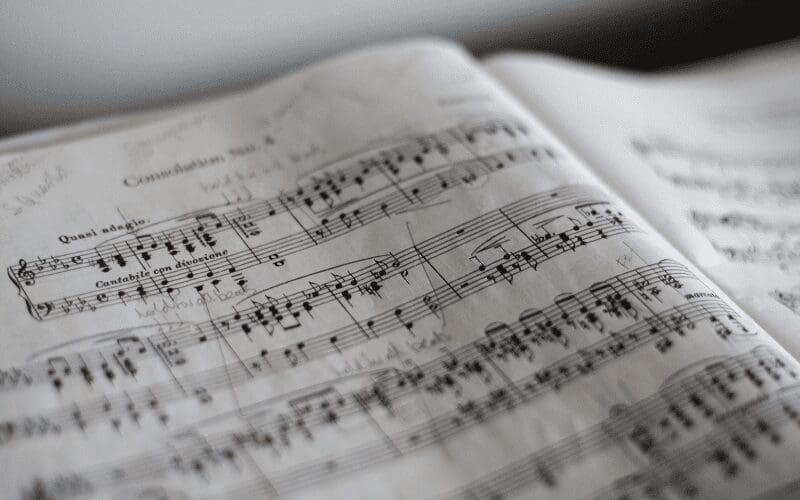
Stop and think before you start to compose. Love grows in space and time and music is the sound between the notes. Let us discuss composing bespoke songs for a commercial.
A producer and director will invite you to their studio to view with a scratch (demo) track of a similar song in their heads. Remember, you are composing for a commercial, not a feature film. There are usually marketing executives who have decided a reason behind the scratch track and it could be that it is more economically viable to pay someone to create a similar song.
In this case, listen to the scratch track and listen to what they are asking you. I know it is hard for us musicians, but lose the ego, do what they ask for and add some extra sparkle.
For instance, if their scratch track has a song with keyboard string samples – add real strings but keep it similar to what is in their heads. But different and original enough that you will not get sued by the composers of the scratch tracks! You can get sued for the ‘feel’ of a track if you are not prudent with your composition. Keep the style but don’t copy!
Finished Track
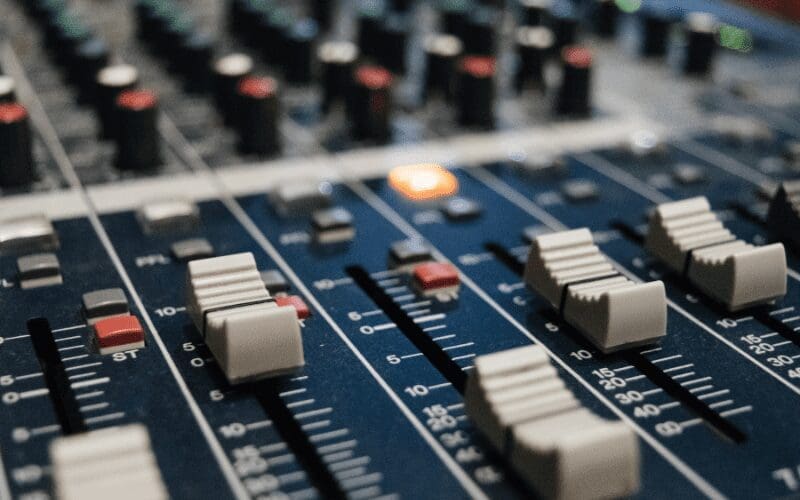
Master it! This is so important. Once it has been agreed to be used, the dark art of mastering is essential.
Always get finished tracks mastered at your budget’s maximum allowance. Now I can hear you saying – “but I cannot afford to master in a high-end studio” – to which I would reply, if you are doing commercial music for a high-end international brand then your music needs to be representative of the brand you are writing for. The budget will be there for it with a major brand.
Obviously, if it was a 20-second radio jingle for the local plumber for local radio then you are not going to need to master it at that level. But still do master it properly. There are lots of quite intuitive mastering tools online or people that specialize in just mastering tracks.
Once the commissioners are happy, you will invoice for the remaining balance and find out through your music lawyer if you are entitled to mechanical royalties. This could be lucrative if it is an international advert.
If you’re looking to have your music mastered, check out our free mastering tool.
Our Final Thoughts On Music For Commercials

Our final words of wisdom are to just keep your ego in check. If you are doing a project for a major record label and you have an unprofessional falling out, they could well be in a major studio bar or the Groucho chatting amongst each other and your reputation will sink or swim outside the studio without you even knowing it.
Be punctual, persistent but polite, take criticism as free advice, and work with it. If you are just starting out, success is the sum of many small wins over many years.
We hope that you enjoyed this article on how to make music for commercials! Be sure to share it across your socials with your fellow creatives and give us a tag @musicgateway! Also, if you can think of any tips that we have missed, leave them in the comment section below – we would love to hear from you!







